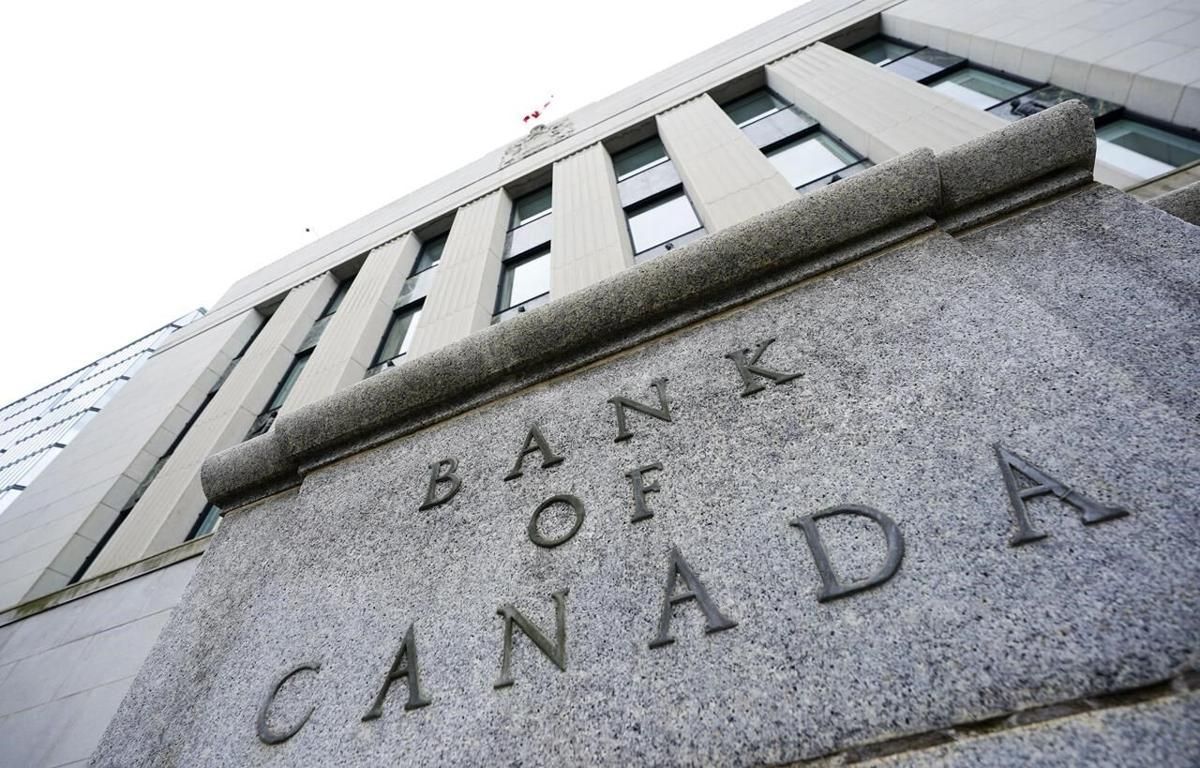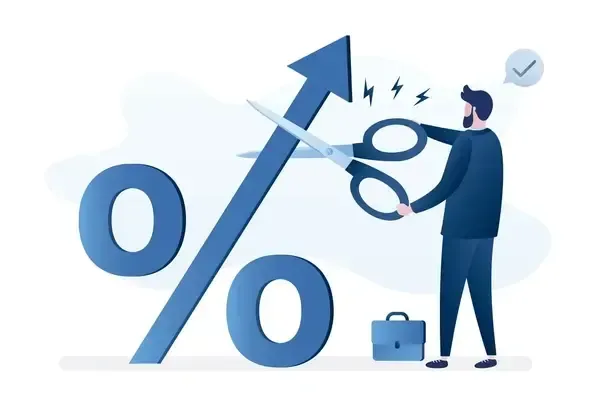Improving Your Credit Score
Nest Mortgage • June 10, 2020
Along with employment stability, and downpayment/equity, your credit score and how you manage your credit is a huge factor in qualifying for a mortgage. If you want the best interest rates available on the market, the higher your credit score the better.
However, if you've had credit mishaps in the past, don't let it stop you from improving your score now. Everyone has a credit score, and regardless of where it is on the scale of 300-900, there is always room for improvement. So here are some things to consider that will help boost your credit score.
Make all your payments on time. This is so important. Probably the most important factor. When any lender extends credit to you, you agree to make payments on a schedule. When you break that schedule, you show the lender you can't be trusted. The lender reports the missed payments to the credit reporting agencies, and your credit score is lowered. It's that simple. So what if you miss a payment? The second you realize it, or have the money, make the payment. It's also a good idea to contact the lender, let them know what happened and tell them that the payment has been made. Although lenders only report after payments have been missed for 30 days, don't let that stop you from making all your payments on time.
Stop acquiring new credit. Assuming you have at least 2 different trade lines with a minimum $2500 balance each, you shouldn't just go out and acquire new credit. Now, if you need a car loan, that's fine, make an application, but having more credit available to you just for the sake of it doesn't help your credit score. In fact, each time a lender looks at your credit report, it will lower your credit score a little bit.
Keep a reasonable balance. The more credit you use compared to the limit, the less credit worthy you will appear. So it's better to carry a minimal balance compared to maxing out your credit cards, and just making the minimum payments. It's a good idea to keep your spending to 20%-30% of the limit of the card or line of credit. That shows good utilization.
Check your credit report periodically. Did you know that roughly 20% of credit reports have misinformation on them? Mistakes happen all the time, lenders misreport information, people with the same names get merged reports, you miss a final bill from a utility and it gets sent to collection without you knowing. By checking your credit periodically, you can stay on top of everything and correct any errors before they become a problem. Equifax Canada has a great program. As does Transunion.
Pay out collections immediately. It happens more than you would think. Closed cell phone contracts with a small balance owing, or a utility final billing that got missed, parking tickets, or wage garnishments, or spousal support payments. They can all show up on your credit bureau, and they won't drop off until they are handled. So if you have any of these on your credit report, you should consider taking care of them as soon as possible. Then make sure to follow up, and ensure they have been removed.
Use your credit card. On the other side of the coin, you want to make sure that you at least periodically use your credit at least every three months. Loan payments are great in that they come out of your account on a schedule, if you only have credit cards, and never use them, there is a chance the lender might not report your usage, and that won't help your credit score. A simple way to go is to use a credit card for gas and groceries, and pay it off every month.
So there you have it, regardless of what your credit looks like now, if you follow the points outlined above, you will continue to increase your credit score.
If you would like to work through your credit report with us, and put together a plan so you can qualify for a mortgage, please don't hesitate to contact us anytime!

Who Knew? 🔮 As expected, or easily predicted, the Bank of Canada formally announced a 0.50% cut to the overnight rate earlier this morning. (click for official announcement) This adjusts Prime Rate down to 5.95%, the lowest level we’ve seen in the past two years, and demonstrates a clear signal that the BoC is doing everything possible to kick-start economic growth. A Green Light to Borrow Governor Tiff Macklem’s message is straightforward: borrowing just got cheaper, and more cuts could be coming. With inflation settling back around the 2% target, he’s effectively giving Canadians the go-ahead to take advantage of lower rates, even if average core inflation is still a touch above the goal. "We want to see growth strengthen," Macklem said, and he’s determined to make it happen.

As anticipated, this week's Bank of Canada announcement kept the overnight rate unchanged. The Bank expects inflation to hover around 3% and drop below 2.50% later this year, aiming to reach the target of 2% by 2025. Wednesday marked the sixth consecutive "no change" announcement, although speculation persists that we should see rates, specifically Prime, drop by .75-1.00% by the end of 2024. Despite no movement being widely anticipated, it is disappointing that further insight into a housing market reset has now been postponed until the next scheduled decision on June 5th. With unemployment at a 26-month high and GDP underperforming, these are two indicators contradicting the notion of rates remaining "higher for longer".

In light of theIn the wake of today's Bank of Canada (BoC) announcement maintaining the overnight rate at 5.00%, Nest brings you a comprehensive overview of the current mortgage landscape. Prime Rates and payments for variable lending products remain unchanged following this non-rate event, leaving borrowers in a familiar position. While the BoC provided limited insight into the potential timing of interest rate cuts, consensus suggests we might witness the first rate cut materializing in June of this year. Despite the ongoing commitment to restoring price stability for Canadians, a message consistent since July 2023, it is essential to highlight key facets of today's mortgage landscape: 1. GDP: Canada's 4th Quarter (2023) GDP surprised with a 1% annualized growth rate, surpassing expectations. However, beneath the positive headline lies a complex narrative. The growth coincided with a population surge of approximately 430,635 people, equating to a 4% annualized growth rate. On a per capita basis, Canadians appear to be experiencing the intended tightening, a trend persisting in 5 of the last 6 quarters. Per capita GDP adjusted for inflation is now lower than Q4 2014, a noteworthy observation challenging the notion of an economy in need of restraint. 2. Labour: In January, Canada's Labor Force added 37,000 jobs, outperforming expectations, leading to a decline in the unemployment rate to 5.7%. However, a closer examination reveals some finer details. Despite adult population growth of 125,500 people, the labor force expanded by a much smaller 18,200. Additionally, the participation rate for the age group of 15-24 witnessed a concerning decline of 130,000 persons. Without this decline, the unemployment rate would be 0.5% higher. 3. Inflation: Canada's Headline Inflation Number registered below expectations at 2.9%. In the ongoing battle against inflation, there has been significant progress since CPI peaked at 8.1% in June 2022, now comfortably below the 3% threshold. Core measures, though still elevated at 3.4% and 3.3% respectively, are expected to ease further as higher rates prompt more mortgage holders to renew into lower interest rate mortgages. 4. Global Considerations: Economic performance and Bond yields have been influenced by global factors. While global economic growth slowed in the fourth quarter of 2023, U.S. GDP growth remained surprisingly robust and broad-based. Inflation in the U.S. and the Euro area continued to ease, accompanied by a notable rise in equity markets. What's Next? The looming question pertains to the BoC's eventual decision to ease interest rates. The per capita statistics and the intricate state of the Canadian economy are interwoven in unpredictable ways, with the wildcard being the surge in population growth. Inflation, triggered by demand exceeding supply, faces uncertainties on how pent-up demand will respond to rate cuts. The surge in Canada's population, almost double the pre-COVID growth, plays a crucial role in shaping the trajectory of the BoC's decisions. Since October 2023, significant drops in fixed mortgage rates have been observed, likely to persist gradually as markets anticipate rate cuts by the BoC. Current odds indicate at least one rate cut by this summer, and two more to follow before year-end ( market survey ). As we approach the Spring Market, optimism and demand gain momentum. If you've adopted a 'wait and see' approach, now is the opportune moment for a conversation. Preparing before the first rate cut is pivotal, as optimism will inevitably transition to confidence, and housing market activity will return to normal levels. Next BoC Announcement: April 10, 2024.

In light of the softening of the Canadian economy, the Bank of Canada opted to maintain its overnight rate for the fifth consecutive time earlier this month leaving Prime and variable product pricing unchanged. While "financial conditions have eased," the Bank also highlighted persistent inflationary pressures stemming from ongoing wage growth and robust immigration. This is exacerbated by the housing supply failing to keep pace. The Bank continues to emphasize the need for restrictive policy to bring inflation back within target, yet “the market” is no longer buying it! With subdued core inflation pressures, declining GDP and house prices, and a softening labour market, it is inevitable that the Bank will need to reduce rates to avoid severe economic consequences. Market consensus is the rate-tightening cycle has passed and both new and existing mortgage holders can look to much needed rate reprieve in 2024. Bond yields have dipped more than -100bpts since October, leading to lower fixed rates. Conventional 5-year fixed rates are offered at 5.69-5.99%, with a noteworthy offer of 4.99% for default-insured purchases. As fixed rates have only dropped -50bpts over the same period, expect further discounting in the weeks ahead. THE (MORGAGE) YEAR THAT WAS, AND WHAT LIES AHEAD?

Governor Tiff Macklem and the Bank of Canada (BoC) made the expected decision this week: no change to the Overnight Rate [no change to Prime] . While the Bank has surprised markets in the past, this week’s hold was widely anticipated. What makes this instance unique is the growing body of evidence showing that higher interest rates are leaving their mark on the economy... Unprecedented Data Points: Second quarter GDP figures fell significantly below expectations, contracting by 0.2% compared to anticipated growth of 1.2% to 1.5%. Despite substantial population growth, the economy should be thriving, but it's not. Time Lag of Rate Impact: Generally, interest rates take over 12 months to exert their full influence. In the last year, we've seen a total increase of 1.25% in Q2 2022 and another 1.75% in rate hikes in Q3 2022. The July 2023 GDP numbers are showing the impact of these hikes, with sluggish growth. Consumption and Employment Challenges: Total retail sales have plateaued, especially when adjusted per capita, reflecting the weight of higher interest rates on consumer spending. The unemployment rate has climbed by 0.5% in the last three months, further complicating the economic picture. What does this mean for mortgages and rates? Inflation is likely to persist at elevated levels for some time, but it won't prompt the BoC to act unless accompanied by a rebound in GDP growth and spending. As disappointing economic data advances expectations of rate cuts, we may experience downward pressure on fixed interest rates sooner than previously forcasted. Experts are nearing a consensus that the BoC has reached its ceiling on rate tightening, with inflation as the last obstacle before easing. In these uncertain times, we are here to assist. Whether you're considering home buying or refinancing for improved cash flow, we can provide the answers tailored to your needs. Please don't hesitate to reach out to discuss your mortgage needs!





